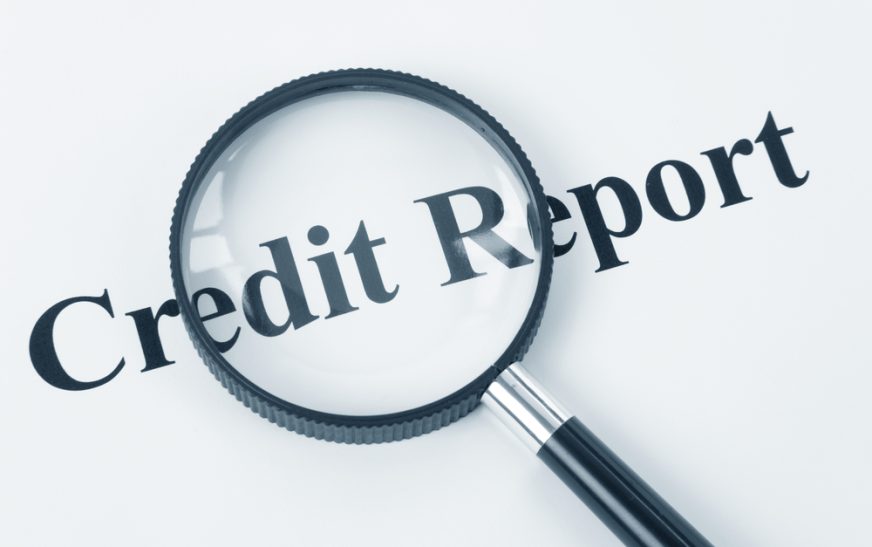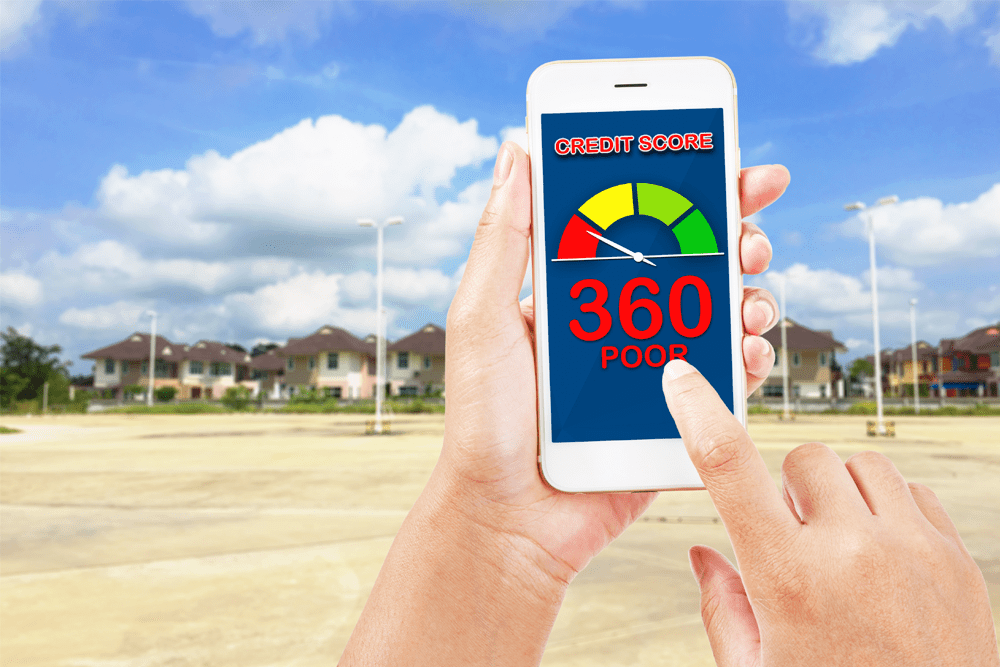In today’s era, where credit plays a crucial role in our financial lives, understanding the intricacies of your credit report is essential. One vital aspect of your credit report is the “Days Past Due” (DPD), which can significantly impact your creditworthiness and access to loans. This blog delves into the world of DPD, empowering you with information to interpret this data effectively and navigate your financial journey with confidence.
What is DPD?
DPD stands for “Days Past Due” and refers to the number of days a specific payment on your credit card, loan, or any other debt has been overdue. It reflects your payment history on specific credit accounts and is reported to credit bureaus like CIBIL.
Why Does DPD Matter?
DPD plays a crucial role in determining your credit score, impacting your ability to:
- Secure future loans: A low DPD (meaning you make payments on time) signifies responsible credit management, making you a more attractive borrower to lenders and increasing your chances of securing future loans. Conversely, a high DPD can lead to loan denials or unfavorable interest rates.
- Qualify for competitive interest rates: Lenders offer lower interest rates to borrowers with a consistent and timely payment history, reflected by a low DPD. This translates to significant savings over the loan repayment period.
- Negotiate better terms: With a good credit score resulting from a low DPD, you might be able to negotiate better terms on loans or other financial products, such as lower interest rates or higher credit limits.
Understanding DPD Values in Your CIBIL Report:
Your CIBIL report represents DPD values for each of your credit accounts. Here’s what the different values typically signify:
- “000” or “XXX”: This indicates you have no past due payments for that specific account. This is ideal, reflecting your responsible credit management.
- Specific Number (e.g., “30”): This represents the number of days your payment is currently overdue on that particular account. For example, a “30” indicates your payment is 30 days past due.
It’s important to note:
- DPD is reported for the past 36 months in your CIBIL report.
- Even a single late payment can negatively impact your DPD and credit score.
Additional DPD Information
- Understanding “Settled” and “Written Off”: Sometimes, you might see “Settled” or “Written off” instead of a specific number next to DPD. “Settled” indicates the debt has been paid in full, although it might still negatively impact your credit score for some time. “Written off” signifies the debt has been deemed uncollectible by the lender, which can severely damage your credit score for a longer period.
Strategies to Maintain a Low DPD
- Set Up Automatic Payments: Consider setting up automatic payments for your credit card bills and other debts. This ensures timely payments and minimizes the risk of missing a due date.
- Monitor Your Due Dates: Be mindful of your credit card and loan due dates. Mark them on a calendar or set reminders to ensure you make payments on time.
- Pay More Than the Minimum: If financially feasible, strive to pay more than the minimum amount due on your credit cards. This reduces your overall outstanding balance and keeps your credit utilization ratio low, further improving your credit score.
- Communicate with Your Creditors: If you anticipate difficulty making a payment on time, contact your creditor as soon as possible. They might be able to offer temporary solutions or hardship programs to help you manage your debt.
Seeking Professional Guidance
If you’re struggling with managing your credit or have a high DPD, consider seeking professional guidance from:
- Credit Counselor: A credit counselor can assess your financial situation, develop a personalized debt management plan, and negotiate with creditors on your behalf.
- Financial Advisor: A financial advisor can provide comprehensive financial advice and help you develop strategies to improve your credit score and overall financial well-being.
Conclusion
Understanding DPD in your CIBIL report is crucial for maintaining a healthy credit score and achieving your financial goals. By consistently making timely payments, you can keep your DPD low and unlock numerous financial benefits, including securing loans with favorable terms and building a strong financial foundation for the future. Remember, a good credit score is an invaluable asset, empowering you to navigate financial challenges with confidence and unlock greater financial opportunities.


















